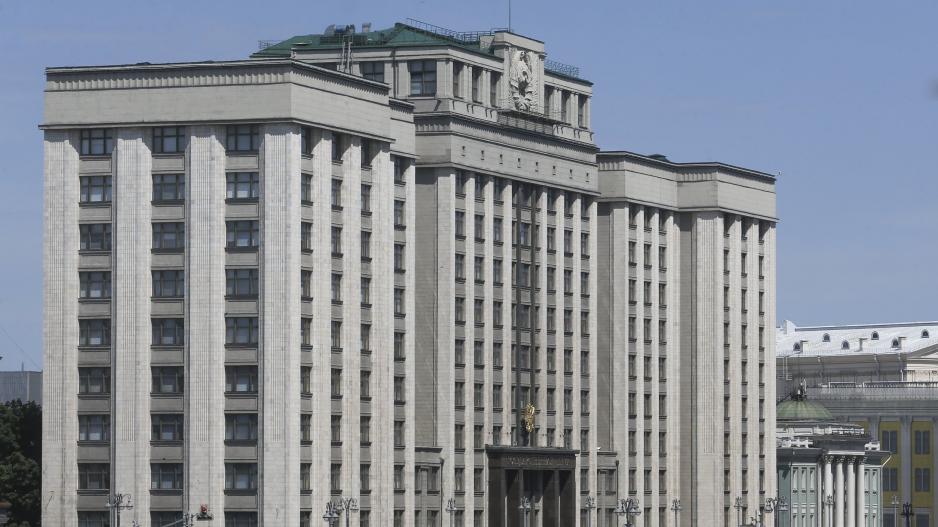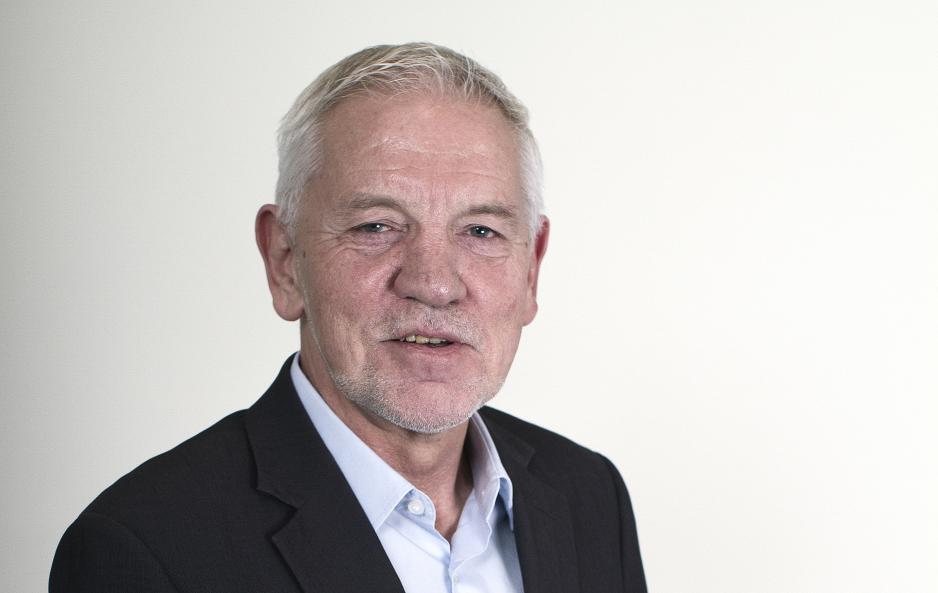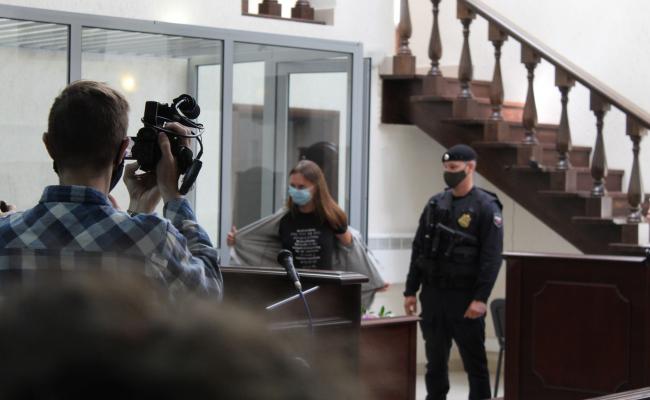New Russian Restrictions on International Educational Cooperation

State Duma building in Moscow (Photo: duma.gov.ru)
New Russian restrictions put limitations on exchange programs, conducting joint research with foreigners, conferences and scientific congresses, and the exchange of scientific literature.
Last week, the State Duma made new revisions to the Russian Law on Education.
The revisions put educational activities in a strict framework which could severely limit the possibilities for international student exchange, exchange of knowledge, and exchange of scientific literature between educational and scientific institutions. According to the new law, all these activities are only made possible by agreement with Russian authorities, Vedomosti reports.
The law prohibits educational institutions from inciting hostility against Russian culture, Russian history, and from promoting actions that contradict the Russian Constitution "through inaccurate reporting", Vedemosti further reports.
Nord University in Northern Norway has cooperated closely with MGIMO in Moscow, Arkhangelsk State Technical University, as well as other Russian educational institutions for the past 25 years.
Frode Mellemvik, the Director of The High North Center for Business and Governance at Nord University Business School, has been a key figure in Norwegian-Russian educational cooperation. He says international education and research collaboration should be reinforced and further developed.
"We have extensive and well-established cooperation with Russian universities, including student exchange to and from Russia, as well as a series of research activities in cooperation with Russian universities. Our Russian partners, as well as we ourselves, make tremendous use of this collaboration, and to the extent, this kind of cooperation has to be approved by an overall body in Russia, I am sure Russian authorities will appreciate for our collaboration to be continued and further developed", Mellemvik says, and adds:
"Generally speaking, I am of the opinion that international education and research collaboration should be reinforced and further developed, and that to the extent there is a demand for the knowledge and competence produced through this, there should be few boundaries for such cooperation. I am sure many of my Russian colleagues share this opinion."
On January 12, the Troitsky Variant newspaper published an appeal to legislators demanding that they refuse to adopt the new law. It has been signed by more than 1,700 scientists, journalists, and educators.



